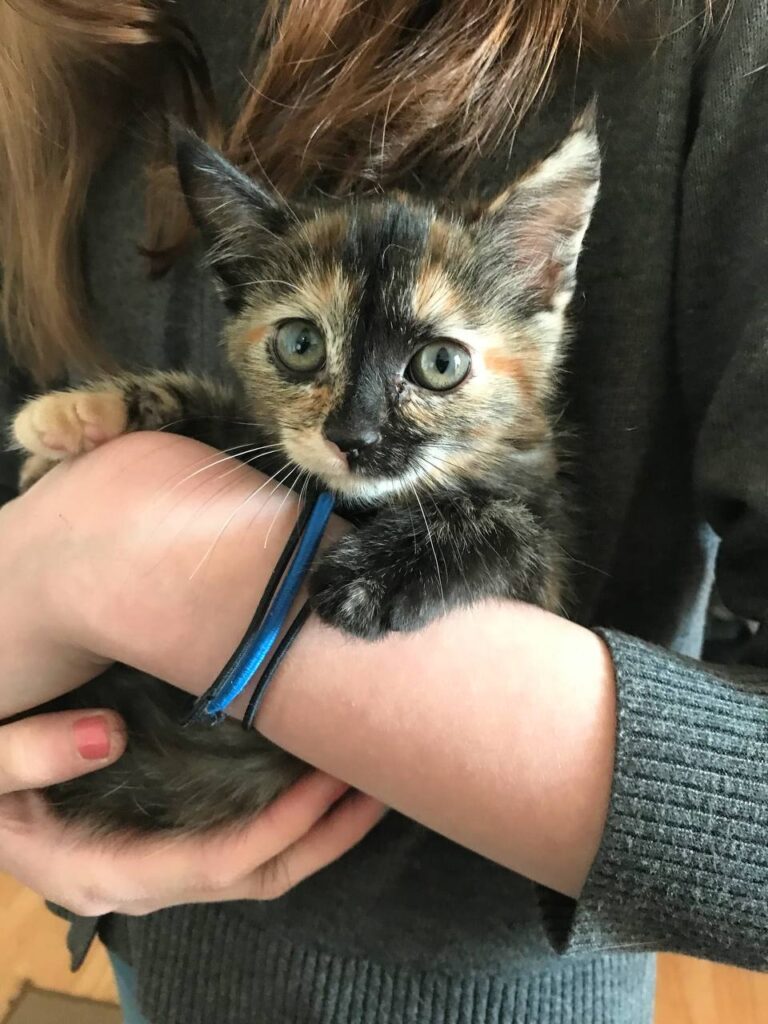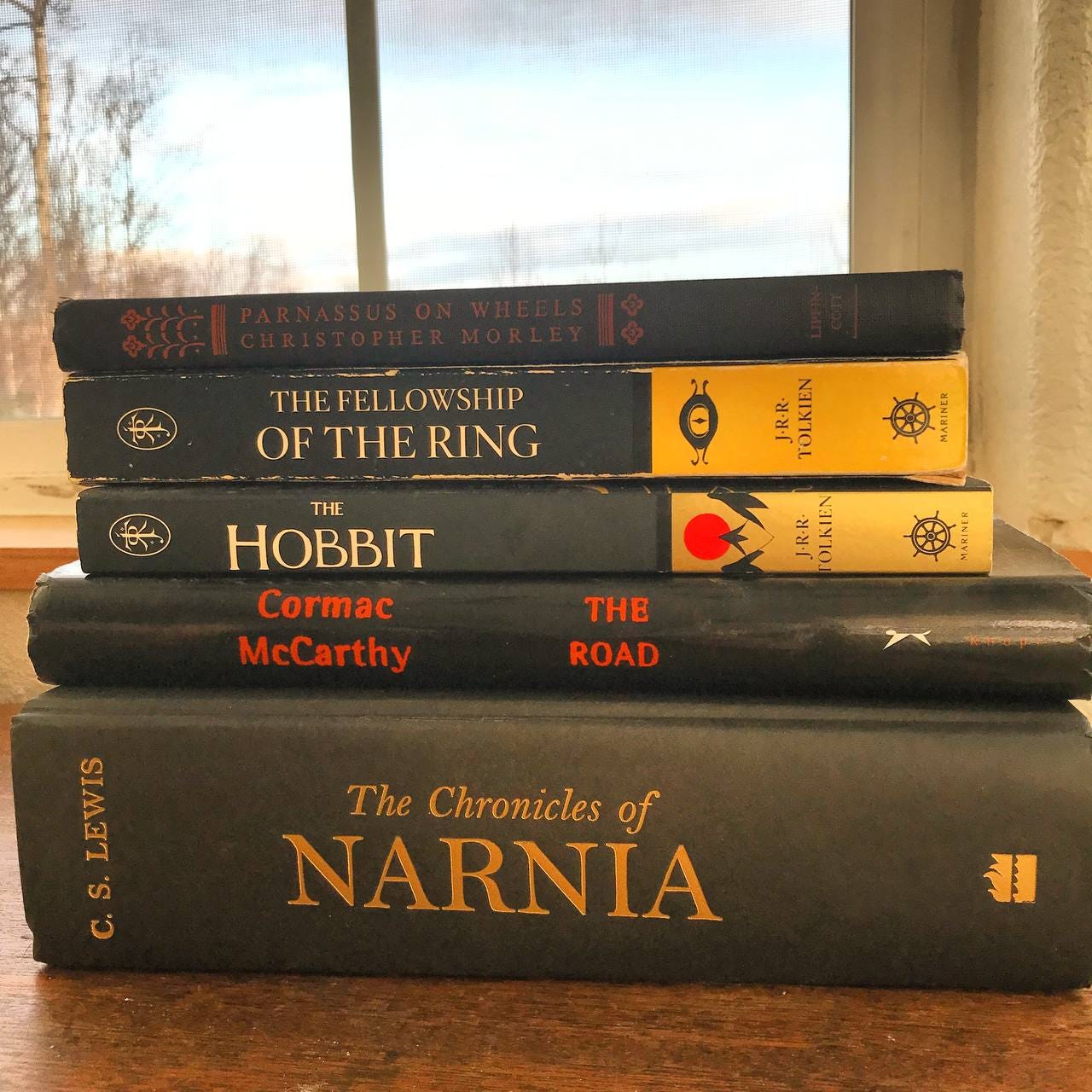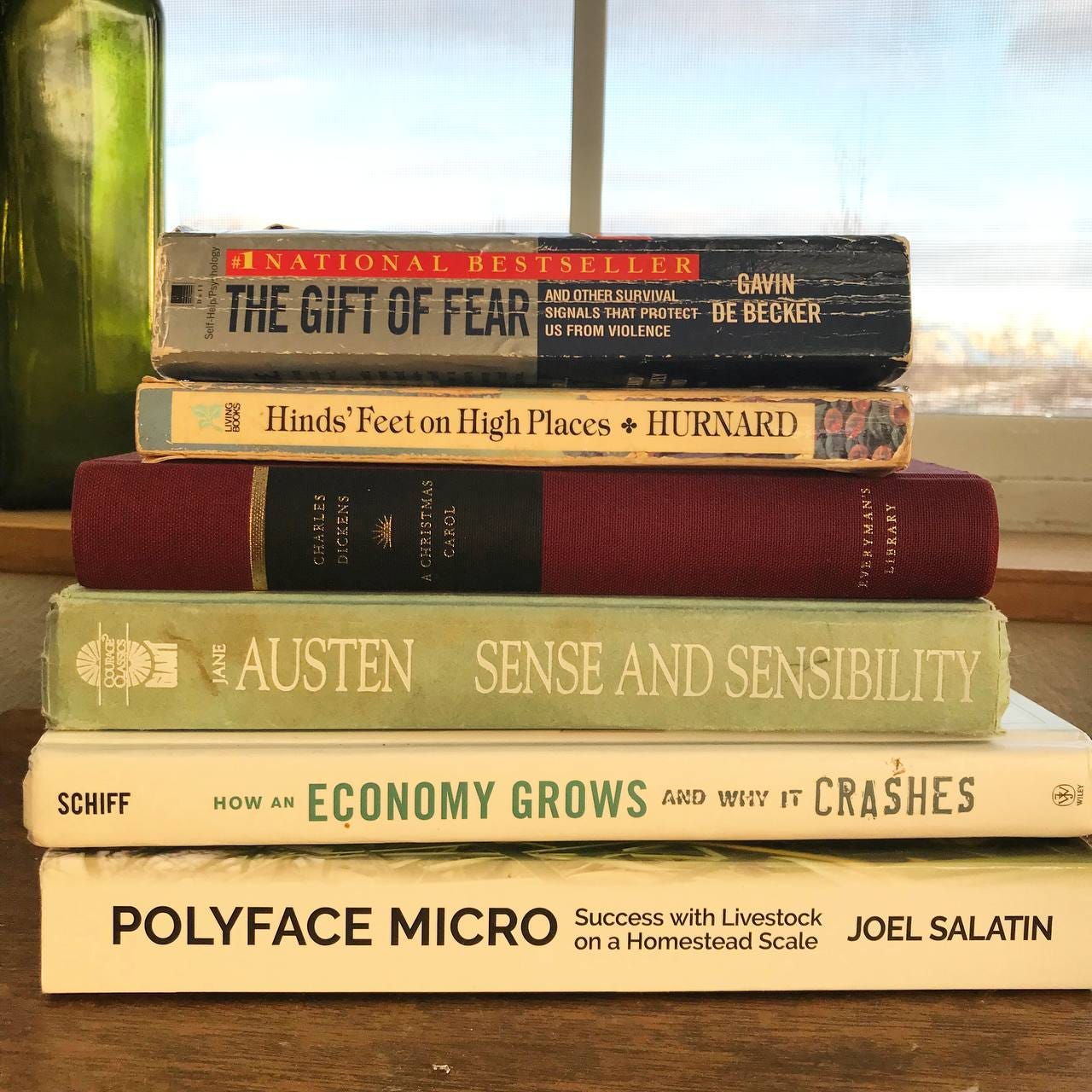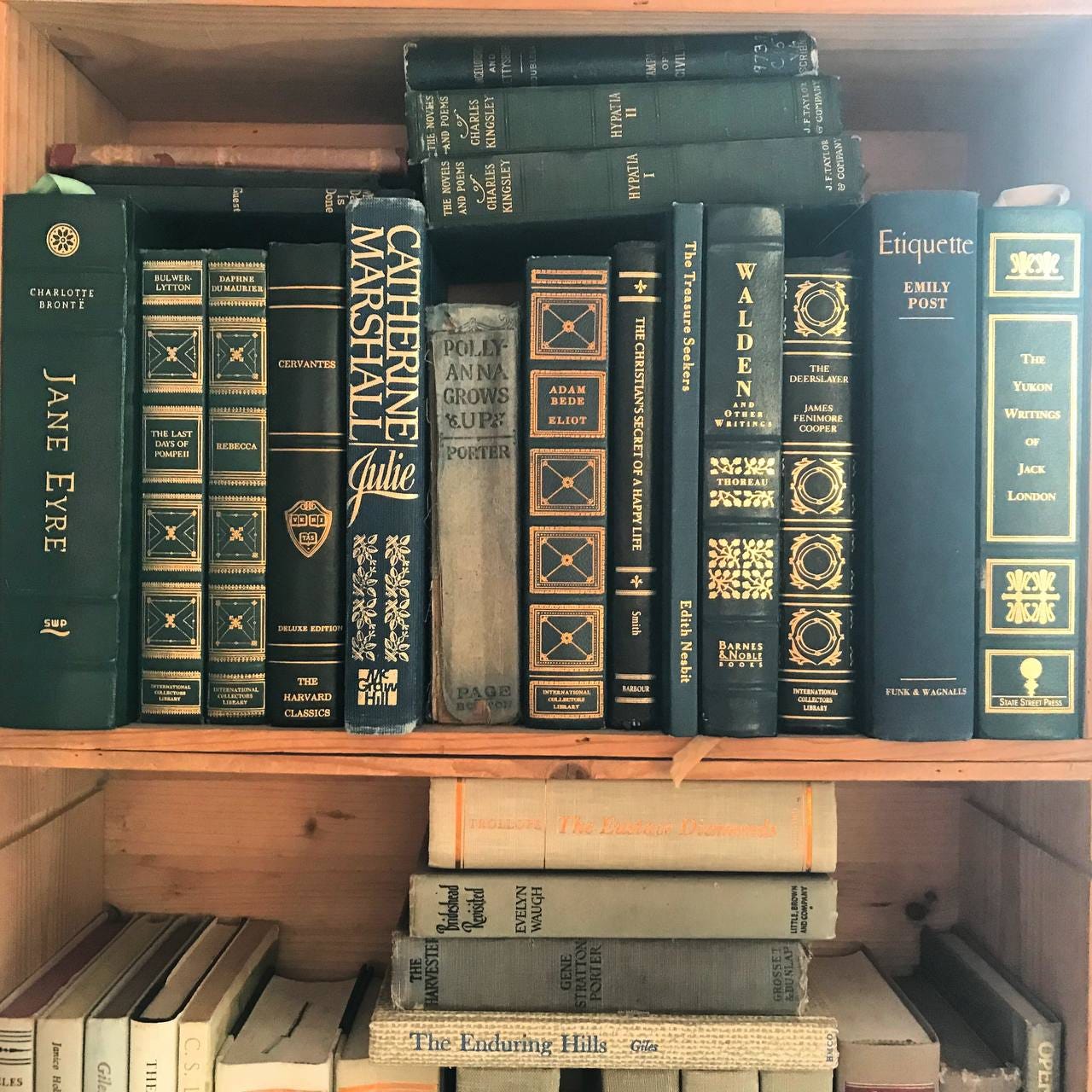Bedtime. I rolled over and tried to pull the pillow into place, and felt something tweak in my shoulder.
“Great,” I muttered, “tomorrow people will ask why I’m gimping around and I’ll have to tell them, ‘I’m 46, and I hurt my shoulder while wrestling with my pillow.’”
“Just tell them you did it in bed,” Vin said. “Let them use their imagination.”
And that did sound like a better idea.
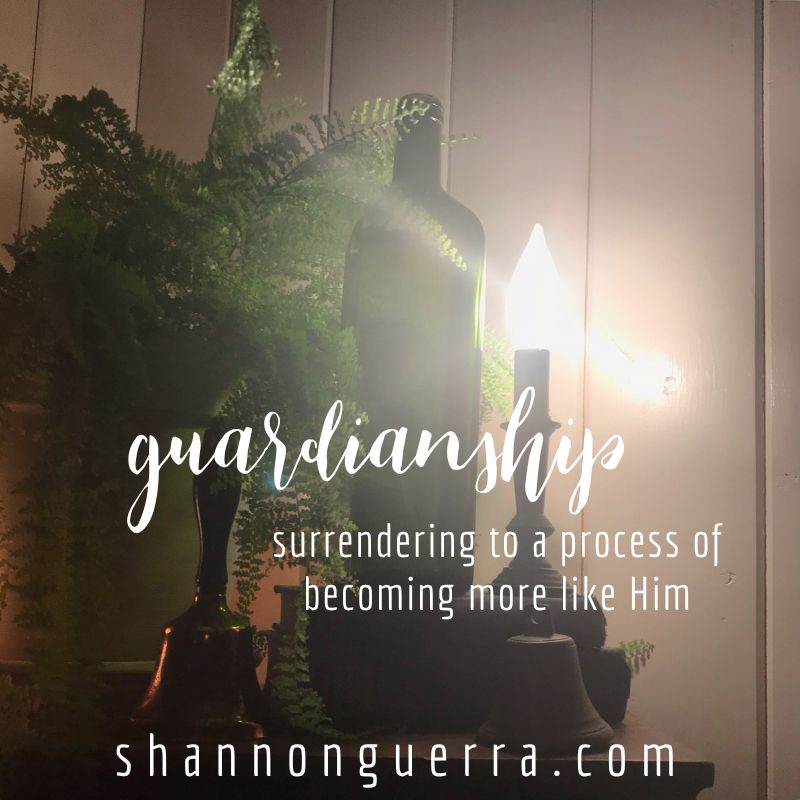
Sometimes though, we can’t let people use their imagination. Sometimes their imaginations are less than gracious. And sometimes they believe the thing that seems most convenient but furthest from reality. Some things have to be clarified. And often the more important those things are, the harder they are to communicate.
For example, all week long I had a difficult conversation coming up. I had prayed and asked others to pray. But still, I was dreading it; I wondered if I should just not pursue it. Maybe I could get out of it.
So like every mature Christian, I tried that tactic in prayer:
I don’t want to do this, I told the Lord. I don’t know if I can do this.
You need to, though, He said. You know how to do it.
I don’t trust myself to do it right, though.
Do you trust Me? He asked.
Yes…but I don’t trust them. I don’t know how they’ll respond.
Do you trust Me? He repeated.
Of course I do. So I gave my feelings to Him (over and over, you know how this goes sometimes) and initiated the conversation. And the Lord gave me not only the wisdom and firmness I needed, but also the calm demeanor, composure, and discernment to say everything that needed to be said as I stood my ground. I did not waver; there was nothing on my list that was left unsaid.
God showed me again that He is faithful to work through us even when we feel unable and uncertain.
And that situation has been really good to look back on because a few months ago we learned about a whole new part of the special needs adoption process that we didn’t realize we signed up for almost eleven years ago. It’s called guardianship.
Maybe some of you are familiar with this. Maybe you’ve dealt with it and it seemed like no big deal. But for our family it feels like a Really Big Deal and we didn’t see it coming, and in some ways I feel stupid because it seems like we should have known about it or at least been given a heads up somewhere in the hours upon hours we spent in trainings and adoption paperwork.
For the equally uninitiated, it’s this: With their special needs and delays, our adopted kids will not be able to take care of themselves upon turning 18, when they magically become adults in the state of Alaska. This part wasn’t a surprise; we knew when we met Reagan that we were taking on a much bigger task than we originally thought and that she would always live with us. We do expect Andrey to be able to care for himself someday, though not as soon as he hits that magic number. What we did not realize is that continuing to care for them requires the legal activation of guardianship, and it is a fairly lengthy, invasive, legal process of courts, reports, and paperwork that is akin to the adoption process itself, except that it continues for the rest of our lives until we die.
Even after going through the original process, emptying our savings, and caring for them for over ten years, we must prove ourselves all over again to the government that we are able and willing to continue doing for our children what we’ve been doing all along. We cannot leave it to their imagination; it must be communicated. Again.
And that feels wrong to me. Oh, I know the reasons for it; you don’t need to lecture me. There have been exceptional cases of terrible people who take advantage of the system and do neglectful and sometimes horrific things to children. That is part of why we chose to adopt in the first place. The bigger problem is that more often than not, the terrible people out there doing terrible things to children are part of the system and work for the government.
So to treat all parents as guilty until proven innocent – over and over again – is unjust, inefficient, and a lousy use of resources. Putting the onus on parents who have already been through the fire and devoted years of their lives to caring for these children seems to be a “look here, not there” strategy.
But what can you do? There’s no other option. As it’s been explained to me, the reason it’s necessary is because Reagan cannot care for or make choices for herself, and without guardianship, if she were injured and needed to go to the hospital after she’s 18, we would not be able to make choices for her or authorize her care, either.
And yet if that situation arose, what then? Someone (a police officer, hospital staff, or some government worker) would arbitrarily end up making those decisions on her behalf, even though they would have no history with her, know absolutely nothing about her, and, ironically, they would not have completed the process of guardianship, either. But we, her parents, are required to jump through the bureaucratic hoops in order to continue doing for her what we’ve been doing all along. See how this works?
So here we go. We cannot leave things to the government’s imagination, so we will prove ourselves again by filling out more reams of paperwork and going through more hours of trainings and meetings so the government can check off their boxes, which is more important to them than actually spending all those hours with our children or nurturing our family, which is what good parents actually do.
Yeah. I know, I’m a little bent outta shape about this.
The pressure wells and I am aware of every breath because I am inhaling deeply and deliberately, willing the oxygen to go in and the stress to go out. And then I eat a caffeinated energy bar because augmenting anxiety with the jitters seems like a capital idea.
I go downstairs to water the plants, and as I look at these tiny seedlings, I persist in telling myself the truth. The feelings want to be louder, but the truth is what needs to win the day:
The Lord knows this whole process.
He is protecting our family.
He has prepared us and is continuing to prepare us.
What surprises us does not surprise Him.
This won’t be wasted time; this will be found time.
This will be for our good, because He causes all things for our good. This will expand the Kingdom as we surrender to Him in it, and faithfully walk through it.
Nothing can threaten us.
That’s the thing that really gets me: It feels threatening and invasive. It feels like it’s sending us back to the beginning, and the beginning was so hard.
But wait, no, we’re focusing on truth and not feelings, so I keep going back to the truth. I plant those seeds deep, deep down so they will take root and grow. And it’s all well and good while I’m watering my lettuces and garlic, but as soon as I’m back upstairs on the couch researching the process, anxiety steamrolls through, scattering resolve and making me take deep, shaky breaths all over again. And I’m right back to telling Him, I don’t want to do this.
You need to, though, He tells me again. Do you trust Me?
I do trust Him. I don’t trust a lot of people, though. We’ve been burned so many times when they’ve used their imaginations, appointed themselves as authorities, or assumed something that wasn’t true. I’ve learned that outsiders can be dangerous and painful to special needs families and kids.
For years Reagan had a tiny, tiny bed. We tried giving her a twin-sized bed and she hated it; she slept on the outermost top corner of it because…well, use your imagination. She had a tiny bed at six years old when we met her, about half the size of a toddler mattress. I don’t know what her experience with bigger beds was, and she didn’t like the one we gave her. So Vin made her a small one that she did like, and it saved space in a bedroom that was shared by three girls at the time. But if you came to our house and saw her tiny, tiny bed, you would wonder. And I wouldn’t blame you for wondering. But I would blame you if you judged us for it without knowing the reason behind it.
A couple years ago we went on a short hike with someone we’d only met once before. A few days later I learned that this person had noticed Reagan walked awkwardly (because she does) and kept stepping out of her shoes (because she does). They assumed it was because her shoes didn’t fit her, so they generously offered to buy her some.
Do you see how that’s not really generous, though? They assumed we weren’t providing for her, that we hadn’t bothered to purchase shoes that fit her. They didn’t ask us, didn’t know anything about her, had never spent any time with her. They just assumed that the way she walked and acted was because of neglect and lack of finances on our part.
(Side note: Our generosity should never puff ourselves up or put someone else down. It should never be to exalt ourselves over someone else. Our generosity isn’t from us anyway, it is from God and we are merely the conduit and clerk He is going through.)
Why, when people have the opportunity to use their imagination, do they use it so badly?
But here I am, doing the same thing, because I’m imagining that the people on the other end of this guardianship process will be as ignorant and unhelpful as many that we’ve dealt with before.
You’re all safe, the Lord says. I’m right here with you. Nothing can threaten and harm you.
As a friend and pastor reminded me a few days ago as he prayed for us, the government is on His shoulders. The Lord’s not asking us to surrender anything to the government; we’re just surrendering to Him.
It’s a process that must be completed and endured. Knowing we are sheltered, safe from threat or invasion, and assigned to walk powerfully through it keeps us peaceful in the process.
So He’s teaching us to trust Him in new ways with the unexpected. We can trust Him even when we don’t trust ourselves or others. We can trust Him in our vulnerability, with surrendering to a process we would not have chosen but can expect Him to bring good out of, because He is our guardian: our keeper, protector, caregiver, champion, preserver, sentinel, and shepherd. And He’s showing us how to be more like Him.
Praying for you,
Shannon
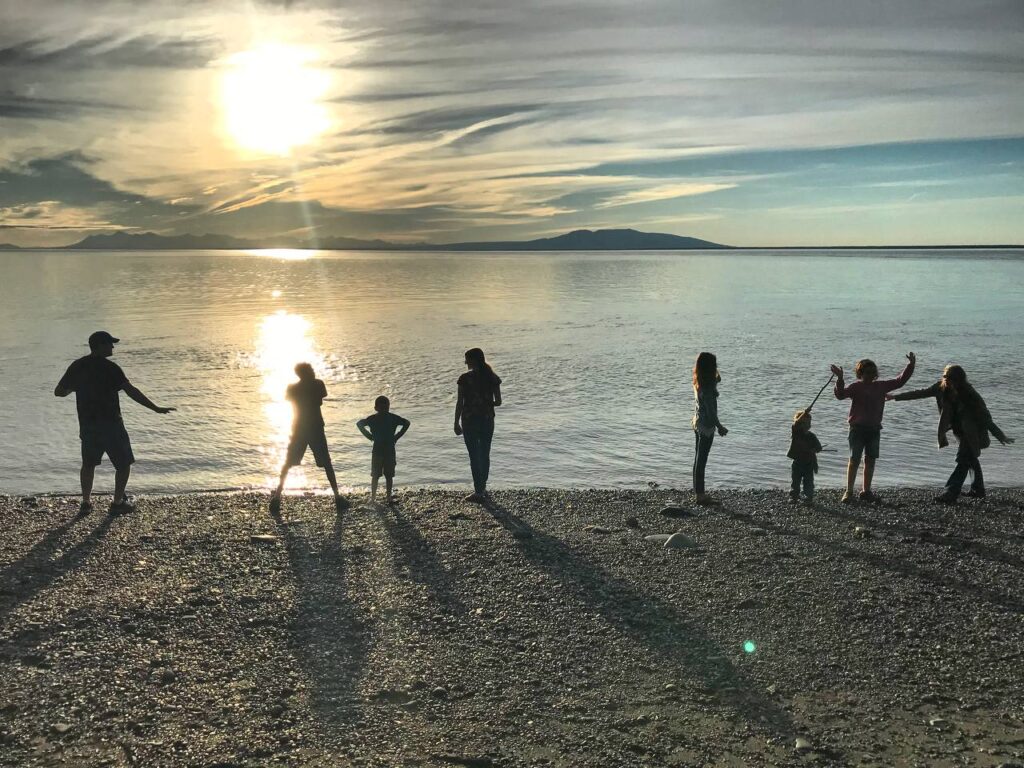
P.S. If you need some deeper content on being burned, dealing with forgiveness and resentment, and/or you want to stop feeling threatened by those who have burned you, this is what we’re addressing in the February newsletter for premium subscribers, coming out in a few days. Upgrade for that here – there’s a free trial and also a reduced group rate. And if you need this content but it’s not in your budget right now (have you even SEEN the cost of groceries lately?!) just let me know and I’d love to comp your subscription for free, gratis.
Also! I made a little announcement recently and shared the first excerpt of my new book last week. That’s available to premium subscribers, too.
P.P.S. Links for you!
- Incredible sermon from Pastor Craig Cooney: Four Words for 2023. Give yourself a minute to acclimate to is accent; the Irish do wild tings with vowels. ;)
- Tips on great living from an adorable 87-year-old Appalachian woman.
- How does the first become last, and vice versa? Great resource here, just 5 minutes, from The Bible Project.
- Prefer audio posts over reading? I recently unlocked all the audio versions of last year’s newsletters. You can get them here.
- Want to get more in the Word this year? This is a great sermon about it.
- Why is sudden cardiac arrest suddenly becoming normal, and why are those who should be talking about it refusing to do so? Great post here from Mr. Guerra.
- Why do we abide and obey? Right here, in less than a minute.

![the great work of everyday obedience [a kindling post] -- shannon guerra](https://copperlightwood.com/wp-content/uploads/2023/01/everyday-obedience.jpg)
